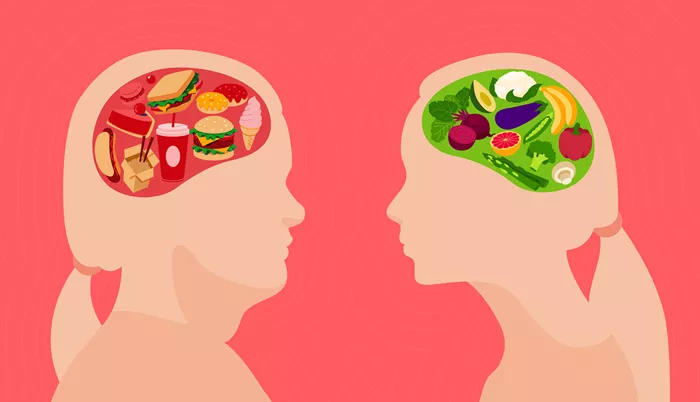While dieting is often linked to better physical health, a recent study suggests that some eating plans—especially those that cut calories drastically—might actually make mental health worse.
Published on June 2 in the journal BMJ Nutrition, Prevention and Health, the study looked at nearly 30,000 people. It found that those following calorie-restricted diets were more likely to report symptoms of depression compared to people on other diets or not dieting at all.
How Diet and Depression Are Connected
Depression is a complex condition influenced by many factors. Scientists are still learning how what we eat affects our mental health. This study sheds new light on how everyday food choices could influence feelings of depression.
Dr. Venkat Bhat, a psychiatrist involved in the study, explained that while some diets like the Mediterranean diet are linked to fewer depressive symptoms, many real-world diets are restrictive and less studied in terms of their mental health effects.
What the Study Examined
Researchers analyzed data from over 28,000 adults who answered surveys about their eating habits and mental health. They grouped diets into four types:
- Calorie-restricted diets
- Nutrient-restricted diets (like low-fat, low-carb, or low-sugar)
- Established diets (such as diabetic or DASH diets)
- No diet
- About 8% of people reported depressive symptoms.
Key Findings
Most people did not follow a special diet.
8% followed calorie-restricted diets; 3% nutrient-restricted; 2% established diets.
People on calorie-restricted diets, especially men and those who were overweight but not obese, had more symptoms of depression.
Overweight people on nutrient-restricted diets also showed more depressive symptoms.
Men on nutrient-restricted diets experienced more anxiety and distress related to physical symptoms and emotions.
Dr. Marta Mudd, a psychiatrist, noted this is important because calorie-restrictive diets may look helpful in clinical studies but can have the opposite effect in everyday life.
Study Limits and What It Means
The study only shows a link, not that dieting causes depression. Self-reported diet data might be inaccurate, and the effect of actual weight loss was not studied.
Experts believe cutting calories can lead to nutrient deficiencies, which may cause physical and emotional problems. Men might be more affected because they need more nutrients that support brain health.
Also, dieting without support or weight loss success might increase depression, as many people face challenges like weight cycling and lack of motivation.
Advice for Safe Dieting
The main message is not to avoid dieting but to be careful. Balanced, sustainable eating that provides essential nutrients is best. Experts recommend:
- Avoiding overly strict calorie cuts
- Eating whole foods rich in nutrients
- Watching for signs of worsening mental health
- Seeking help from health professionals for personalized advice
Dr. Makowski, a nutrition expert, said combining mental health support with nutrition guidance can help people stay healthy in both body and mind while trying to lose weight.
Related topics:
- Almost 1 in 4 Teens Face Growing Mental Health Challenges
- Aquatic Therapy Shows Promise for Back Pain and Mental Health
- Australia Eases Blood Donation Rules for Gay and Bi Men


